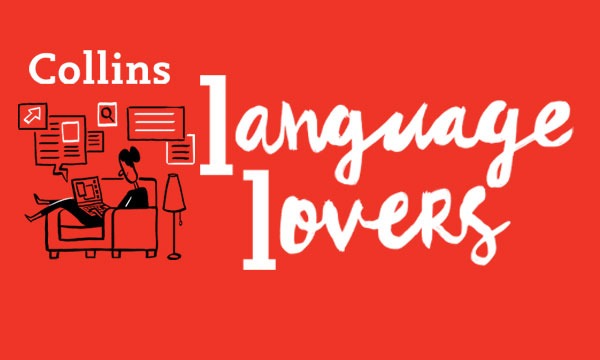Every year on the fourteenth of February the world celebrates the idea of love. If you look up ‘love’ in Collins English Dictionary, you will find the word defined as ‘an intense emotion of affection, warmth, fondness, and regard towards a person or thing’. But love also appears in numerous other guises in the dictionary.
In fact, there are no fewer than forty-three phrases in the dictionary that include the word ‘love’. These show that love takes on very different forms, and they present a whole spectrum from courtly love (a tradition in Western European literature, idealizing love between a knight and a revered lady) to free love (the practice of sexual relationships without fidelity to a single partner or without formal or legal ties). Love can be dismissed as a transitory thing such as calf love (temporary infatuation or love of an adolescent for another person) or cupboard love (a show of love inspired only by some selfish or greedy motive), or it can be something pure and enduring like mother love (the love shown by a mother towards her children) – although even that can become misguided and turn into smother-love (a relationship between a parent and child in which the parent is overprotective to the extent that the child’s normal psychological development is inhibited).
In certain phrases, the word ‘love’ can be ironic or euphemistic. In Japan, a love hotel is a hotel where rooms can be hired by the hour by amorous couples, which is hardly the ideal spot to take your date on Valentine’s Day, while love handles (folds of excess fat on either side of the waist) are not likely to feature prominently on any Valentine’s card.
However, for those of a more romantic disposition, there are also plenty of terms that do conform to the traditional stereotype. So this Valentine’s Day, why not write a love letter (a letter or note written by someone to his or her sweetheart or lover) and send a love token (a gift that is symbolic of a love relationship)? You could even tie them up with a love knot (a stylized bow, usually of ribbon, symbolizing the bond between two lovers).



